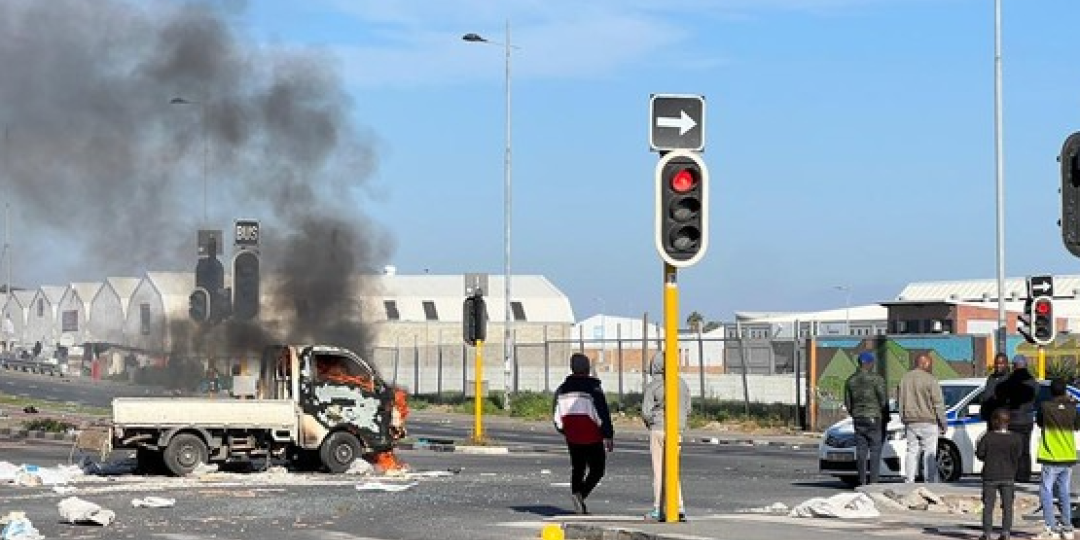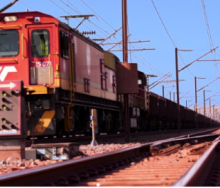As the strike in the Western Cape by the South African National Taxi Council (Santaco) drags on into its second week, metropolitan suburbs from Cape Town to Stellenbosch have all reported extreme supply-chain disruption.
On the Atlantic seaboard, an eyewitness said that supplies are running low because trucks haven't been able to deliver goods.
The restocking of shelves has been affected by shop assistants failing to report for work because they can't commute, despite the availability of buses, albeit under armed guard in certain areas.
It has also been reported that rubbish is piling up in affected suburbs because waste removal services have ground to a halt.
A resident living near the Waterfront said: "Trucks cannot go into certain areas because of the violence and threats of violence, and people also cannot get to work. So, there are few staff to pack and transport food or work in the shops."
Fresh meat and fish, vegetables as well as milk and bread had all either run out or was in short supply, Freight News was told.
She said more than 800 children have been unable to go to school since taxi drivers and law enforcers from the DA-run City of Cape Town clashed over the blockading of key roads and the heavy-handed response by JP Smit, MEC for Safety and Security in the Western Cape, resulting in the impounding of several taxis.
It has since been confirmed that the number of children who have stayed at home because of the violence on Cape Town's roads is closer to 900.
In Stellenbosch, a student at the local university sent through images of empty supermarket shelves after primary supply lines such as the R304 was blocked off by protestors from Kayamandi.
The road has since been reopened.
The R44 in the Overberg towards Hermanus was also barricaded after protestors in Kleinmond disrupted traffic.
The Western Cape's MEC for Mobility, Ricardo Mackenzie, has since said that the road has been reopened and traffic re-established through the application of law enforcement.
In the meantime, Police Minister Bheki Cele has asked for cool heads to prevail and for Santaco's negotiators and city leaders to recommence talks to unlock the impasse.
His appeal came on the same day when Cape Town Mayor, Geordin Hill-Lewis, and Santaco chairman, Mandla Hermanus, were blessed by Anglican Archbishop Thabo Makgoba during a ceremony commemorating Women's Day.
Shortly thereafter, the solemn occasion inside St George's Cathedral was disrupted when red-beret members of the EFF entered the church, chanting "JP Smit must fall."
Smit, though, has dug in his heels about the slew of minibus taxis that have been impounded for various infringements, causing Santaco-affiliated members to wreak havoc across the city's roads.
Unfortunately, divisive politics this morning continued to cast a shadow over any potential resolution to the taxi strike after it was implied by certain city executives that the ANC government was stoking fires behind the scenes to exploit the volatile situation.
Transport Minister Sindisiwe Chikunga has joined the fray, accusing Smit of misinterpreting national law as it applies to the impounding of vehicles, an accusation that he has since refuted.
It is hoped that the strike will soon come to an end, as five people have already died because of the violence.
One of them was a British tourist who accidentally took a wrong turn off to Nyanga where he ended up in a gunfight between supporters of the strike and police.













